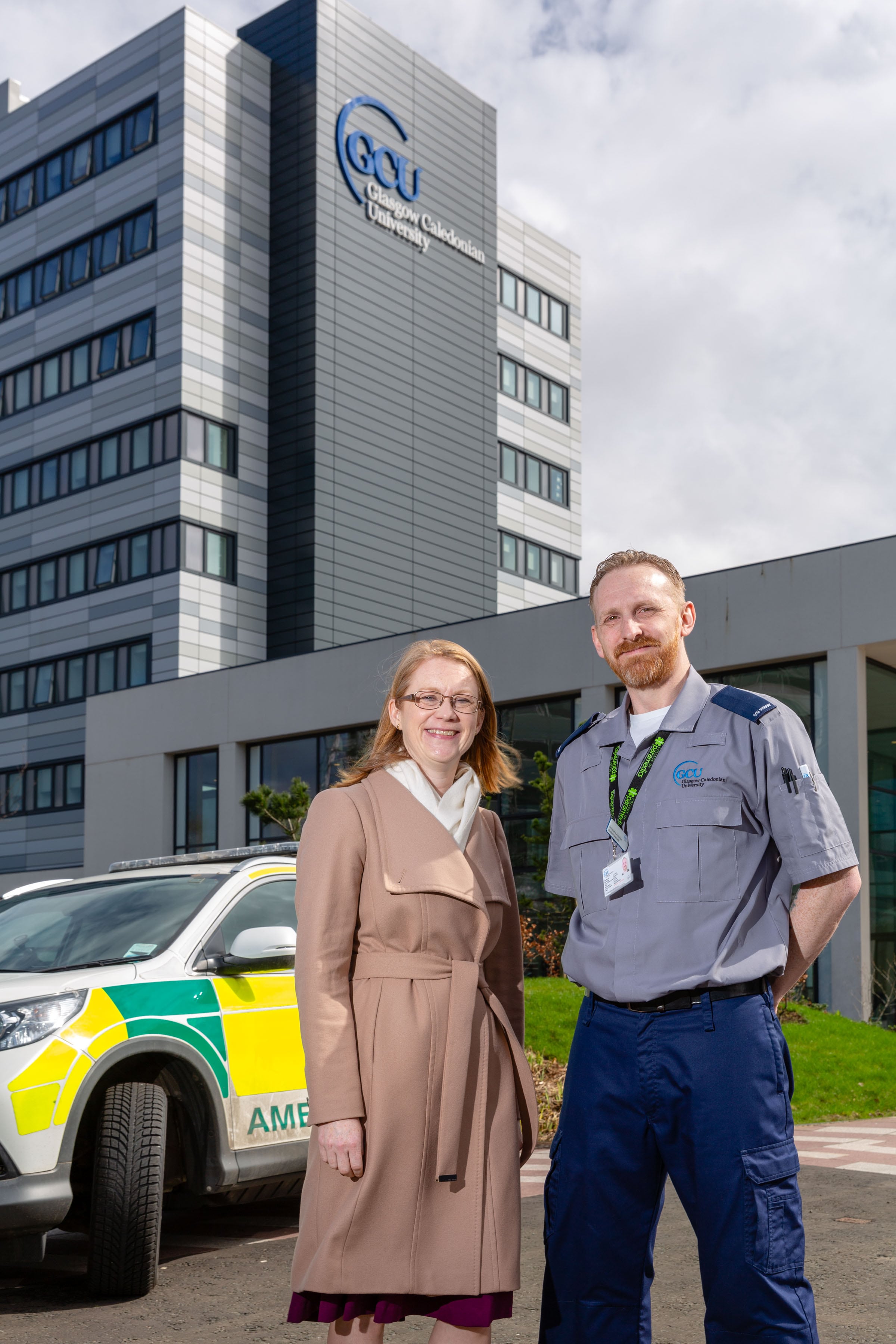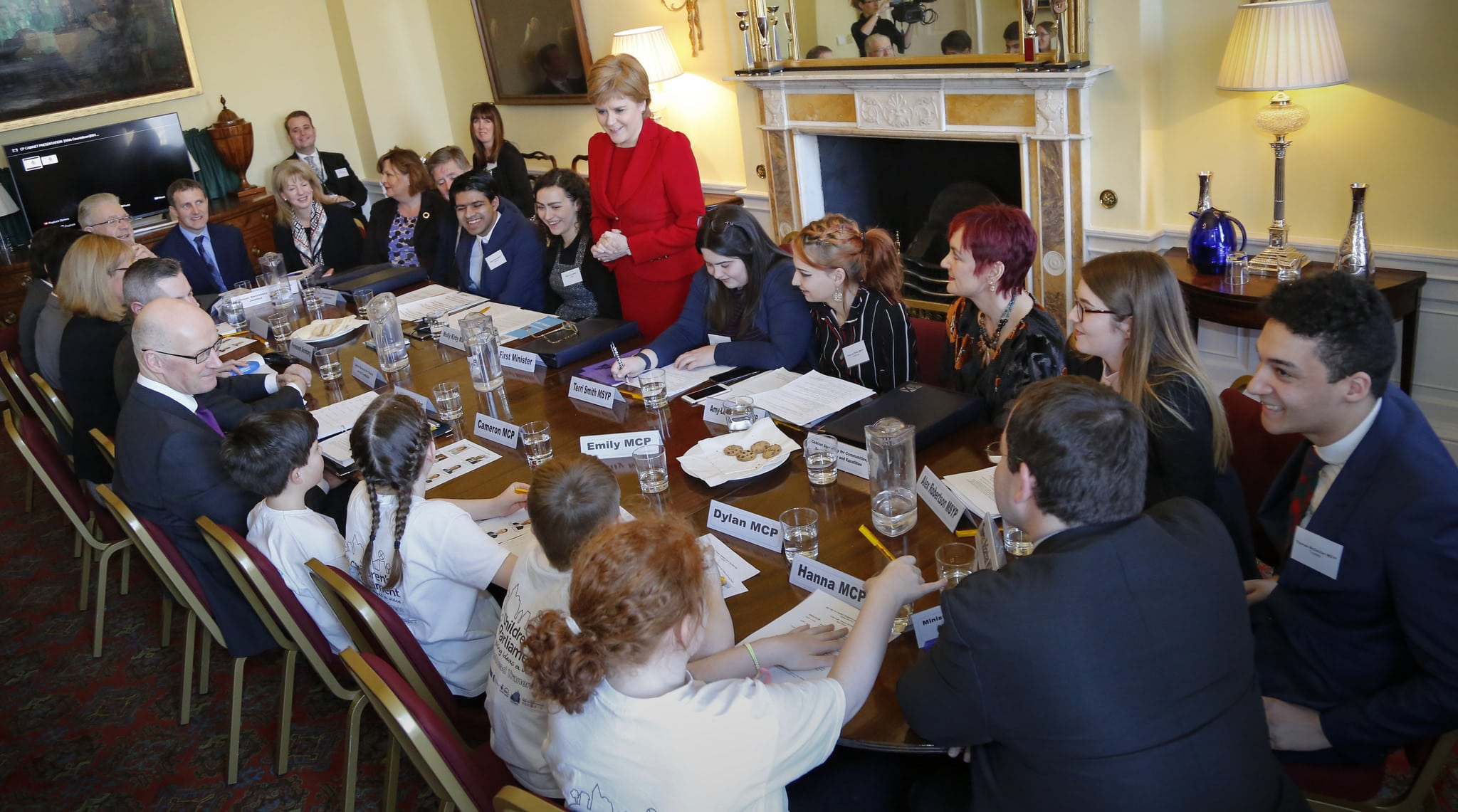Commenting on the publication of the Scottish Funding Council’s Report on Widening Access 2016-17, Further and Higher Education Minister Shirley-Anne Somerville said:
“These figures are a stark reminder of why this Government was right to take the action we did on widening access.
“They show that in the four years up to 2016-17 nothing had changed and, on their own, universities were not making improvement in increasing the percentage of students from the 20% most deprived areas.
“The Commission on Widening Access reported in March 2016, by which time the vast majority of students had already applied for the 2016-17 academic year. So these figures provide a baseline from which to judge how successfully the Commission’s recommendations will be implemented – at a national level but also at an individual institution level.
“More recent figures from UCAS show a 13% increase in the number of Scots from disadvantaged areas getting a place to study at a Scottish university in 2017-18. So we expect to see demonstrable progress next year and beyond.”
Background
- The Scottish Funding Council report on Widening Access 2016-17 can be viewed on the Scottish Funding Council website. http://www.sfc.ac.uk/publications-statistics/statistical-publications/statistical-publications-2018/SFCST062018.aspx
- The data shows that, in 2016-17, 13.8% of full-time first degree entrants were from SIMD20. For all Higher Education entrants (including sub-degree and college), 17.7% are from SIMD 20.
- The Commission on Widening Access target, accepted by the Scottish Government is, by 2030, students from the 20% most deprived backgrounds should represent 20% of entrants to higher education, with equality of access seen in both the college and university sector.
- To drive forward progress to the 2030 goal the interim targets are:
– 16% of full-time first degree entrants to Scottish universities from the 20% most deprived areas (SIMD20) by 2021;
– 18% of full-time first degree entrants to Scottish universities from the 20% most deprived areas (SIMD20) by 2026;
– By 2021, an individual institutional target for universities of 10%. - The Commission’s final report was published in March 2016. The main UCAS deadline for the 2016-17 academic year was January 2016.
- The UCAS 2017 End of Cycle report (published December/January) showed a 13% increase in the number of Scots from the most deprived communities getting places to study at a Scottish university in 2017 (4,565 in 2016 to 5,170 in 2017).
The post Minister comments on 2016-17 widening access statistics appeared first on Engage for Education.

 olds by 2019.
olds by 2019.
 “We are delighted to support the launch and implementation of Respect for All and we look forward to working with partners across Scotland to help deliver a consistent and cohesive approach to anti-bullying.
“We are delighted to support the launch and implementation of Respect for All and we look forward to working with partners across Scotland to help deliver a consistent and cohesive approach to anti-bullying.

